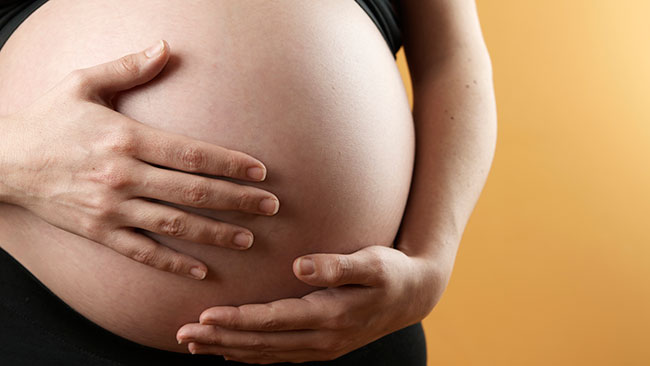THE biggest study of its kind suggests autism might be linked with inducing and speeding up labour, preliminary findings that need investigating since labour is induced in increasing numbers of women, the authors and other autism experts say.
AP
September 10, 2013
It’s possible that labour-inducing drugs might increase the risk – or that the problems that lead doctors to start labour explain the results. These include mothers’ diabetes and foetal complications, which have previously been linked with autism.
Like most research into autism causes, the study doesn’t provide conclusive answers, and the authors say the results shouldn’t lead doctors to avoid inducing labour or speeding it up since it can be life-saving for mothers and babies.
Simon Gregory, lead author and an associate professor of medicine and medical genetics at Duke University, emphasised, “We haven’t found a connection for cause and effect. One of the things we need to look at is why they were being induced in the first place.”
US government data suggest 1 in 5 US women have labour induced – twice as many as in 1990.
Smaller studies suggested a possible tie between induced labour and autism, but the new research is the largest to date, involving more than 600,000 births. The government-funded study was published online in JAMA Pediatrics.
The researchers examined eight years of North Carolina birth records, and matched 625,042 births with public school data from the late 1990s through 2008. Information on autism diagnoses didn’t specify whether cases were mild or severe. Labour was induced or hastened in more than 170,000 births.
Read More

